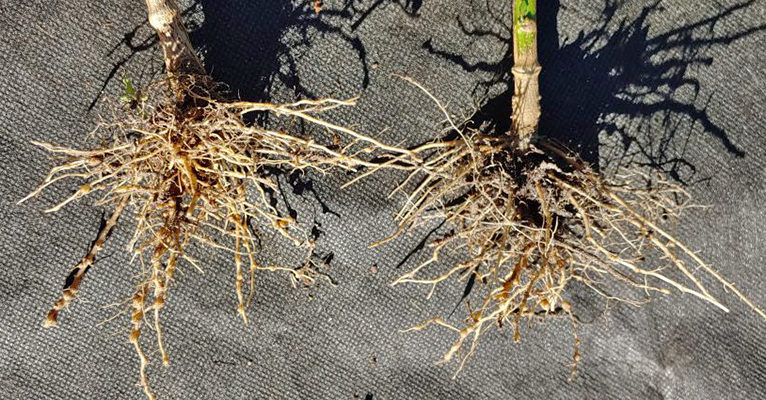By Clint Thompson
Before Florida specialty crop producers begin treating for guava root-knot nematodes, they need to understand what kind of nematodes species is impacting their fields.

Not all nematode species can be treated the same, says Johan Desaeger, assistant professor of entomology and nematology at the University of Florida Institute of Food and Agricultural Sciences Gulf Coast Research and Education Center. While resistant varieties exist for most nematodes, none are currently present for guava root-knot nematodes.
“(Producers) need to know which species they have in their field. If they don’t have this species, they can still grow these resistant cultivars that will work just fine,” Desaeger said. “With most growers, when they fumigate, they don’t really care what species they have, it works against all. But I see more growers start to use cover crops, even resistant varieties. When you go that direction, it matters what species you have in your field. Any grower that’s interested in knowing, they can send us some galled roots, or we can come out. We can ID them fairly easily.”
Nematodes are microscopic worm-like pests that can feed on multiple hosts. Root-knot nematodes enter the roots of plants. Feeding on the roots can lead to swelling, or “galls,” which develop. Guava root-knot is considered more aggressive than other nematode species. It also has a much wider host range. It can affect all vegetables.
Fumigation and nematicides remain growers’ best line of defense against this newer root-knot nematode species.









